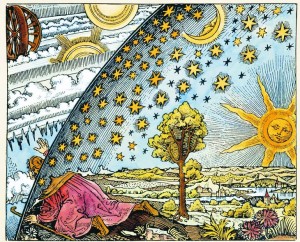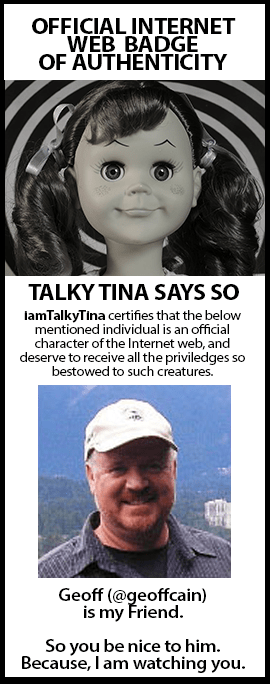 Image via Wikipedia
Image via Wikipedia
Sven Birkerts wrote an article in the American Scholar called “Reading in a Digital Age” where the tagline claims that his essay discusses “why the novel and the Internet are opposites and why the latter undermines the former and makes it more necessary.” My meditation here begs to differ. The novel and the internet are not opposites; one informs the other and makes both necessary. There are things I like about Birkerts; he is a careful and thoughtful reader of books. I appreciate what he reads. I appreciate his reveries about books, binding, and paper. I like his reading lists. He reads authors that matter. That said, I would not turn to him to understand the internet, hypertext, or what is happening in social media and its connection to writing.
His arguments tend to be false dichotomies. It is not either/or. The internet is used for one thing and novels are used for another. How is one the opposite? Is a sailboat the opposite of a car? Information on the internet tends not to invite sustained meditation and reading on a linear level. It is organized as a series of connections, and this is how most people read. The mind links information, previous readings and experiences into a reading of the text. A lovely old leather bound book is still, in the end, a hypertext in the mind of the reader – even if that process is slow, thoughtful, and meditative. With that said, I can find the complete works of Dickens on the internet, download them and read them in a slow and thoughtful way.
Birkerts also indulges in the “digital natives” argument about technology – that young people get it (and are therefore cyber-addled cretins) and older people don’t (and are therefore thoughtful and meditative). The problem with this argument is obvious to anyone not working in the Ivy Leagues – it is a class issue. I have many students in the community colleges who have had a limited exposure to technology. Their lack of critical thinking skills comes an education system that has seriously failed them and from the teachers who have forgot to keep up in their field who are supposed to teach them those skills. Students are stuck with teachers who think the only way to transmit information is through a two year old, $140 textbook. If a student can get though a class while surfing the internet, that curriculum needs to be revised.
I am currently using the internet to write a novel. It is not a book of postmodern fractured narrative (although I appreciate that approach) but a thoughtful examination of identity, projection and art. I am using Wikimedia to research examples of art that I am exploring, Google Docs as my word processor, and an online concept map program to outline the work. I don’t do this because I am trying to use the latest technology (cool factor) but because I have a full-time job and have to be able to write and work anywhere on a moments notice; time spent at home, a break at work, a fleeting moment in a cafe, or an hour in the public library. Technology allows me to merge those moments fairly seamlessly. Yes, I would like a room of my own or an office somewhere, but that will have to wait for another lifetime. My room of my own exists virtually and asynchronously.
I know plenty of people who are proficient in the world of novels and the world of technology and the internet. I can show you hundreds of examples in Facebook – a community where hundreds of authors share information, announce readings, and despair of their vocation. A friend of mine who I consider highly proficient in technology (one of the first people in our little state college to work with researchers abroad via modem) is also a man who is in the middle of reading all of Balzac’s novels. This represents nearly a hundred and twenty volumes of text.
What I find interesting about Birkerts’ writing style is that all of the novels, magazine articles and movies that that he names feel like mere name dropping: they do not move his argument forward, support his argument, or at least, they do not tell us exactly why novels are the opposite of the internet. The article that he mentions on neuroscience is a single article and not a sustained argument based on even a casual review of the literature. I want to read those books and articles, but for now, they seem to be a distraction, like so many blips and beeps on the screen. In the end, he admits that he reads for entertainment – he doesn’t say it that way – he uses words like “resonance.”
So why is the novel the opposite of the internet? Is it because one is easier to read lying down?
The same human mind that came up with La Comédie humaine also came up with the internet. The connections between the novels and the internet are more important than the differences. Humans are connective thinkers. A direct example of this kind of thinking is in Robert Burton’s Anatomy of Melancholy. Each sentence requires a knowledge of Medieval and Renaissance medical history, religious lore, literary history, and Latin – all in the same sentence! How can you read one paragraph of that book and not know that Wikipedia was inevitable?
 Image via Wikipedia
Image via Wikipedia
![Reblog this post [with Zemanta]](http://img.zemanta.com/reblog_e.png?x-id=21bb6160-62e4-4e5f-af65-8b04bdf8efda)



